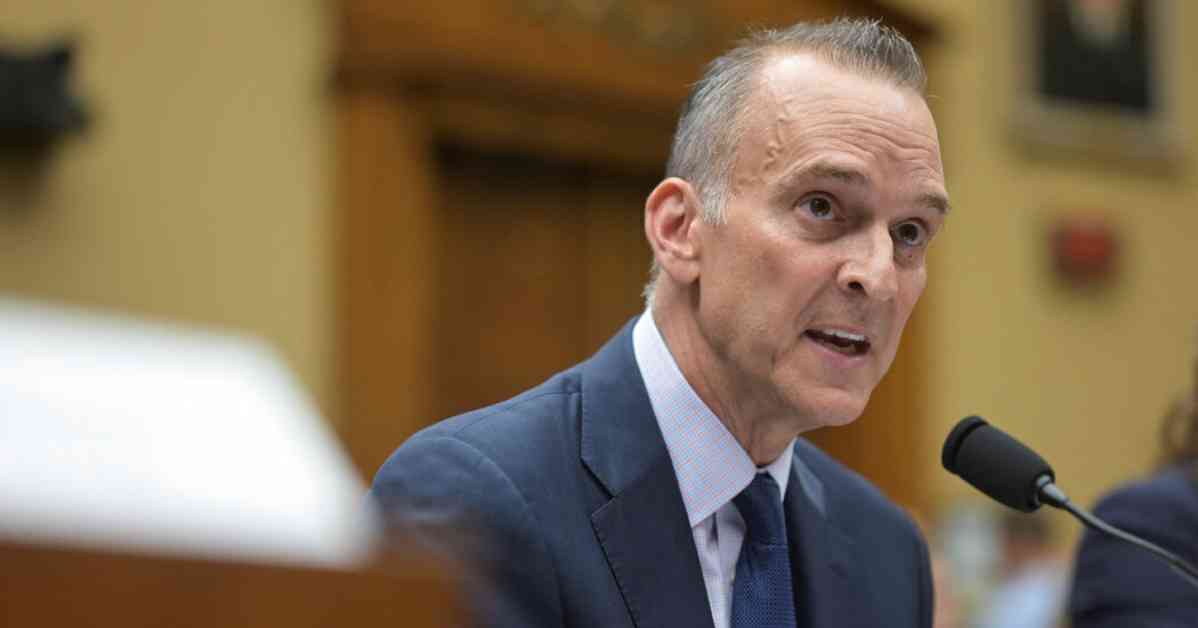In the final weeks of Donald J. Trump’s presidency, he quietly signed a bipartisan legislation that gave the United States more power to regulate doping in sports events like the Olympics. This law allowed the Justice Department to criminally prosecute those involved in doping, even if the event took place outside the U.S.
Years later, tensions have risen as global athletic authorities are angered by the use of this law. This conflict has left the Olympic and antidoping movements in a state of uncertainty as the Summer Games are set to begin in Paris. The reach of U.S. law enforcement powers abroad has also come into question.
The Justice Department is currently investigating Chinese antidoping authorities and the World Anti-Doping Agency for allegedly covering up positive tests of elite Chinese swimmers who won medals in the last Summer Games. Some of these swimmers are participating in the Paris Games.
The backlash from this investigation was evident when the International Olympic Committee awarded the 2034 Winter Games to Salt Lake City, with a condition that the decision could be revoked if the U.S. does not fully respect the authority of WADA in the fight against doping. This move has caused further tension between the I.O.C., WADA, Travis Tygart, Congress, and athlete advocates.
The situation has now become a battle between two sides – those supporting the I.O.C. and WADA, and those backing Travis Tygart, the U.S. Anti-Doping Agency, Congress, and athletes. The conflict has highlighted the complexities of international sports regulations and enforcement.
As the Summer Games kick off in Paris, the implications of the U.S. antidoping law and its impact on global sports authorities continue to unfold. The outcome of the investigations and the responses from the involved parties will shape the future of doping regulations in international competitions.





















